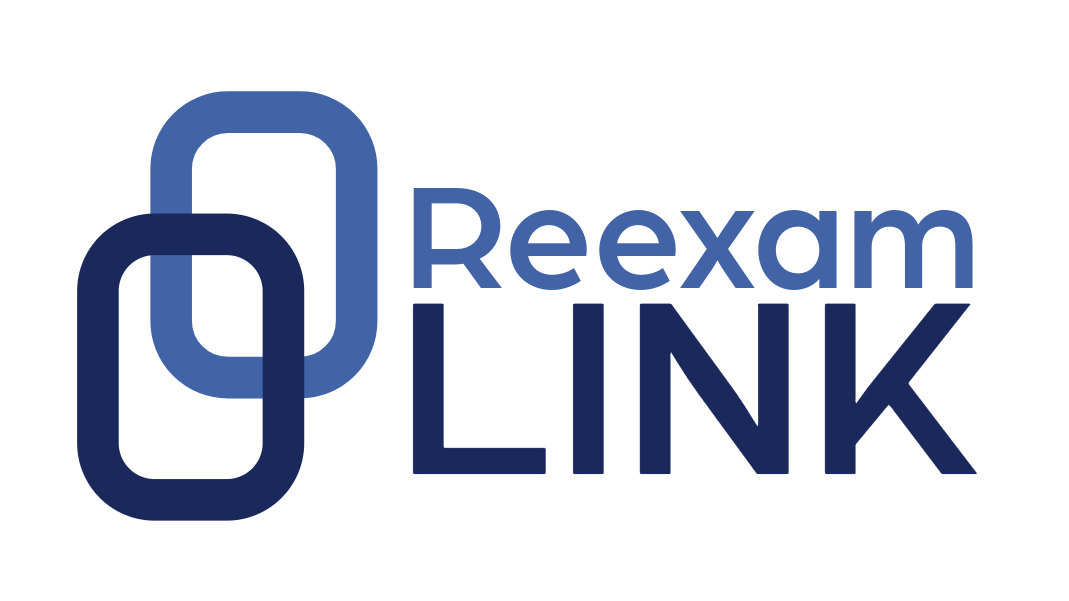You see a competitor’s patent and believe it is invalid. You perform a prior art search and find prior art that you think would render at least some of the patent claims unpatentable. So after thinking about it some more, you decide to file a reexamination request in the Patent Office. In that request you illustrate that the prior art was not considered before (or can be considered in a new light) and you propose how the prior art can be used to reject the patent’s claims. You file the request.
To your surprise, you learn that the Patent Office determined that some of your proposals were substantial new questions of patentability (SNQs) and some were not. Therefore, a reexamination is ordered, but not against all of the claims you requested. You petition the Director to order reexamination for the proposed substantial questions of patentability that were not adopted. The Director denies that petition. What can you do?
The Third Party Requester in inter partes reexamination Control No. 95/001,089** tried to appeal the denial of the petition to the Board of Patent Appeals and Interferences (BPAI), but did not succeed. The Third Party Requester appealed on the basis that 35 U.S.C. 315 provides it the right to appeal “. . . with respect to any final decision favorable to the patentability of any original or proposed amended or new claim of the patent. . . .”
But the BPAI disagreed, because 35 U.S.C. 312(c) states that the determination whether a SNQ is raised by the request “by the Director . . . shall be final and non-appealable.” And since no reexamination will proceed, no final decision can be rendered pertaining to those claims.
To summarize, in an inter partes reexamination there is no appeal of the Director’s decision to not find that SNQ for those claims under 35 U.S.C. 312(c) and no reexamination of those claims means that no final decision will be rendered (favorable or otherwise) that is subject to appeal. Therefore, in such cases 35 U.S.C. 315 does not afford a right of appeal and the BPAI has no jurisdiction to decide a non-appealable issue.
So, when no SNQ is determined for certain claims in an inter partes reexamination, that determination can be petitioned, but if the petition is denied then the BPAI has no jurisdiction to decide whether that determination should be reversed.
[**See the BPAI decision in inter partes reexamination of U.S. Patent No. 7,035,281 (Belkin International v. Optimumpath, L.L.C.]

Leave a Reply